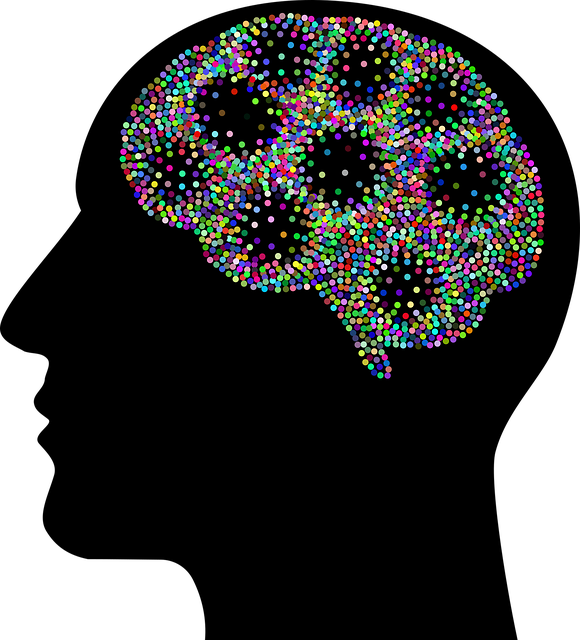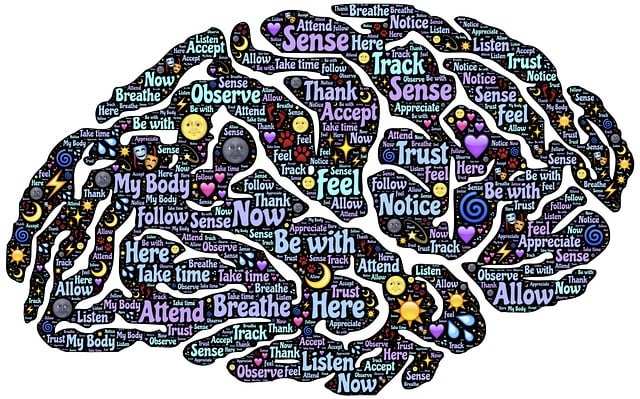Greenwood Village Therapy for Therapists-Clinicians emphasizes Emotional Intelligence (EI) as a cornerstone of effective therapy. By cultivating self-awareness, empathy, mindfulness, and stress management, therapists can build strong therapeutic alliances with clients, especially trauma victims. This holistic approach integrates Crisis Intervention Guidance, Depression Prevention strategies, and resilience building, enhancing both professional and personal well-being. Through active listening, emotional validation, and self-care practices, therapists create a supportive environment fostering healing and growth for both themselves and their clients.
Emotional intelligence (EI) is a game-changer in therapy, enabling therapists to foster deeper connections with clients. This article explores the significance of EI as the cornerstone of effective therapy, offering valuable insights into its practical application. We delve into strategies for therapists to enhance self-awareness and empathy, ultimately improving clinical practice. The Greenwood Village Therapy approach serves as a model, demonstrating how integrating EI can revolutionize therapist-client interactions. Discover how this approach benefits both practitioners and their clients.
- Understanding Emotional Intelligence: The Cornerstone of Effective Therapy
- Practical Strategies for Therapists: Nurturing Self-Awareness and Empathy
- Integrating Emotional Intelligence in Clinical Practice: Greenwood Village Therapy Approach
Understanding Emotional Intelligence: The Cornerstone of Effective Therapy

Emotional intelligence (EI) is the cornerstone of effective therapy as it empowers therapists to connect deeply with their clients. Understanding EI involves recognizing and managing one’s own emotions, as well as comprehending and empathizing with others’ emotional states. Greenwood Village Therapy for Therapists-Clinicians emphasizes the vital role of EI in fostering therapeutic alliances. By embracing Mind Over Matter Principles, therapists can provide Crisis Intervention Guidance that goes beyond surface-level problem-solving to address underlying emotional needs. This not only enhances the effectiveness of therapy but also acts as a powerful tool in Depression Prevention, enabling individuals to develop coping mechanisms and build resilience.
Practical Strategies for Therapists: Nurturing Self-Awareness and Empathy

In the realm of Greenwood Village Therapy for Therapists-Clinicians, fostering emotional intelligence is a multifaceted process that begins with self-awareness and empathy. Therapists play a pivotal role in helping clients navigate their emotional landscapes, making it imperative to cultivate a deep understanding of one’s own feelings and those of others. This starts with therapists actively practicing mindfulness, reflecting on their emotions, and acknowledging their triggers—a cornerstone of effective trauma support services. By increasing self-awareness, therapists can better manage stress and avoid transferring unconscious biases or emotional baggage into the therapeutic relationship.
Empathy, a crucial component of emotional intelligence, involves deeply understanding and sharing the feelings of clients, even in the face of mental illness stigma reduction efforts. Therapists should strive to create a safe, non-judgmental space where clients feel heard and validated. Incorporating active listening techniques, reflecting on clients’ emotions, and validating their experiences can significantly enhance therapeutic outcomes. Moreover, integrating these strategies into practice not only improves client relationships but also facilitates better stress management for both the therapist and the client, creating a positive feedback loop that enriches the therapeutic journey.
Integrating Emotional Intelligence in Clinical Practice: Greenwood Village Therapy Approach

Integrating Emotional Intelligence (EI) into clinical practice is a transformative approach that many therapists and clinicians are adopting. The Greenwood Village Therapy model prioritizes EI as a cornerstone of treatment, focusing on enhancing both professional and personal well-being. This holistic strategy recognizes that a therapist’s emotional awareness and self-management directly impact their ability to connect with clients and deliver effective therapy.
By incorporating EI training and development into their practices, therapists can improve patient outcomes significantly. The Greenwood Village Therapy for Therapists-Clinicians emphasizes the importance of self-care routine development for better mental health, stress management workshops organization, and confidence boosting techniques. These strategies enable professionals to navigate complex therapeutic relationships with greater resilience, ultimately fostering a supportive environment that promotes healing and growth for both the therapist and their clients.
Emotional intelligence, as highlighted by the Greenwood Village Therapy approach, is a powerful tool for therapists and clinicians. By fostering self-awareness and empathy, professionals can significantly enhance their clinical practice. Integrating these strategies not only benefits the therapist but also creates a more effective therapeutic environment for clients. Adopting practical emotional intelligence techniques can revolutionize therapy sessions and lead to better outcomes, making it an essential aspect of modern mental health care.














